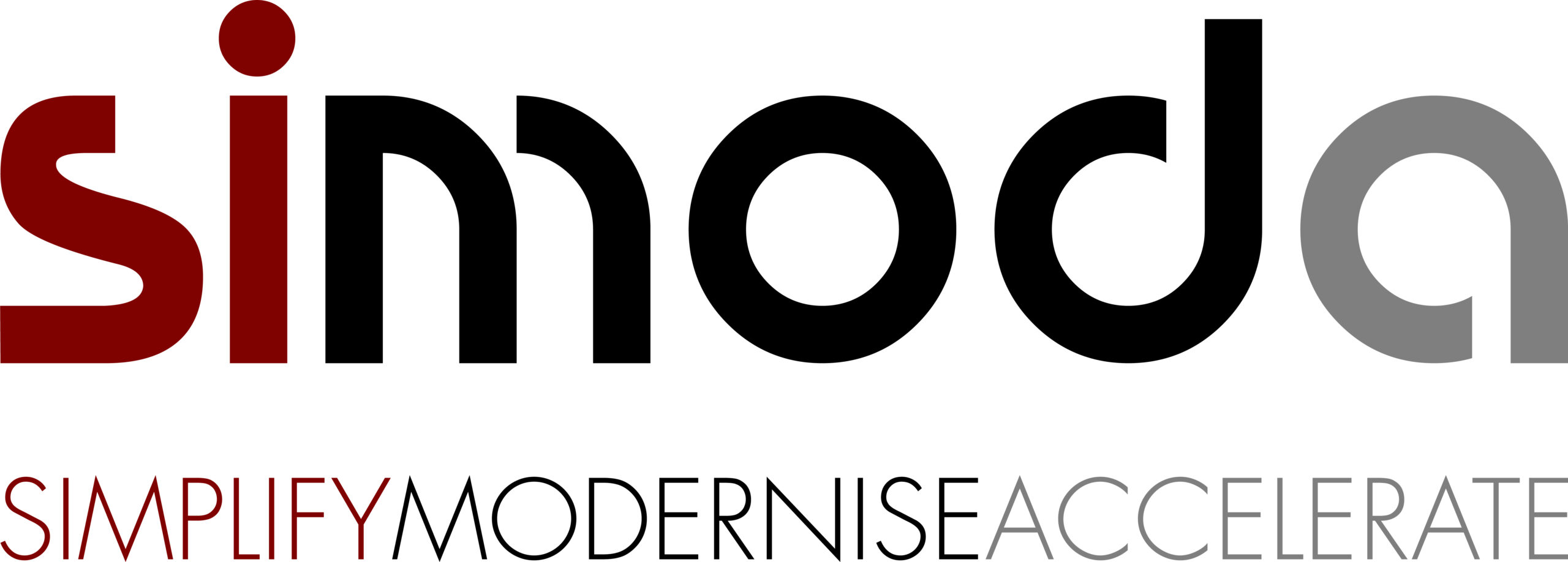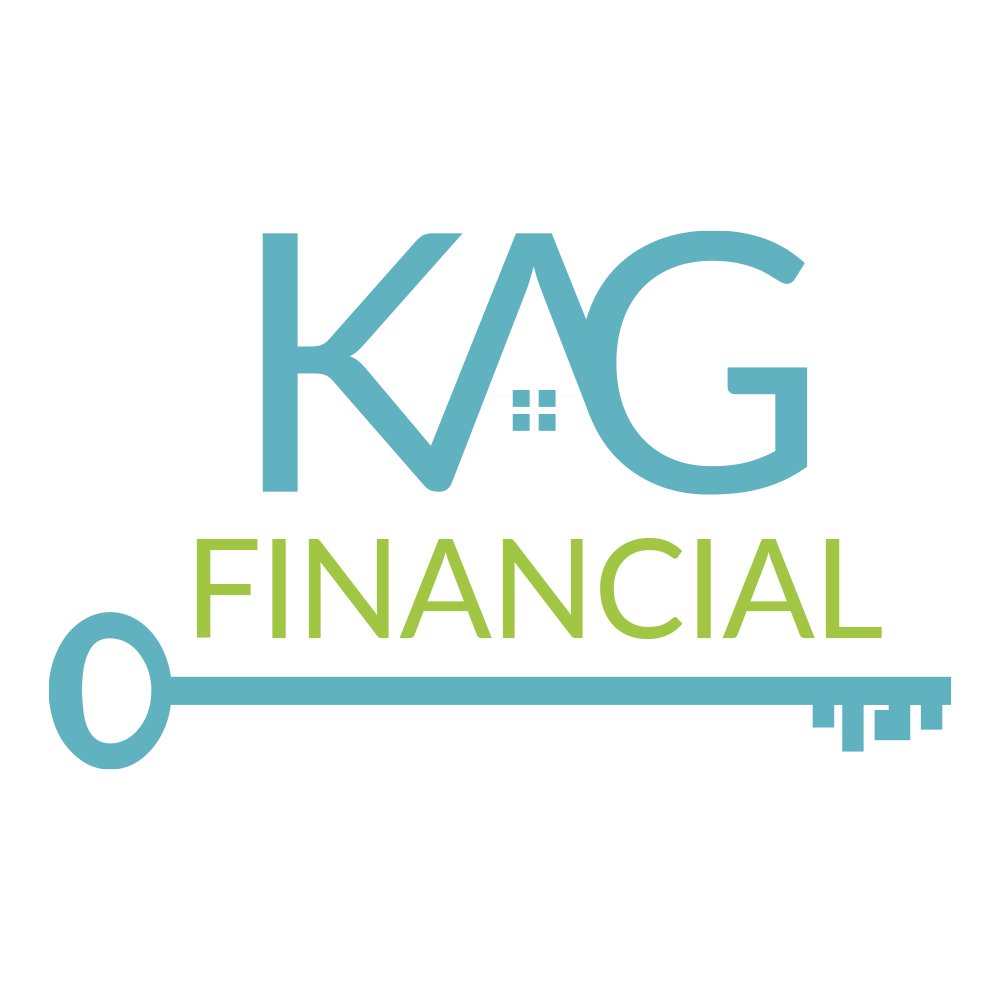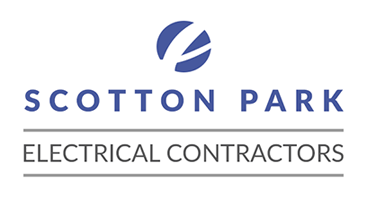Organisations change. They have to. Markets change. The economy changes. And, over time, the people change. If your business stays afloat long enough, eventually the entire founding personnel can be gone. And yet companies that change are the companies that grow. A huge company like Peugeot began making sewing machines in France, and yet 112 years later make millions of cars a year in sites around the world. So how do companies manage change and – in the best cases – plan for change?
I’ve been doing a lot of work with companies recently who are interested in proactively planning for change. And that really begins with the people they employ.
People (as the clich has is it) are your most important asset. So if you want them to change with you in order to grow your business, you have to really understand what it is that motivates them, what interests them, and how best to give them the opportunity to embrace that change.
Successful businesses will often offer their people the chance to undertake education that will benefit both the business and the person in question.
If you think you need to do more online marketing for example, you could bring in outside help in the form of an agency. But if you’ve got an existing marketing manager who perhaps isn’t as versed in social media or paid search, it can be much more powerful to give them the tools to do the job.
And so I often encourage companies to support members of their team who want to learn. This can mean offering a degree of flexible working to free them up to take a course during working hours. Or you can even fund a course in full or in part.
Some companies worry that doing this will simply empower their employee to leave the business with a better qualification behind them, but you can put agreements in place to mitigate against this: if they leave within a couple of years of taking a course, you can agree that they would be liable for some or all of the course fees, for example.
You can also organise internal training that is more specific to your business. Most of the knowledge of what you do lies in the people you have, and getting them to share that experience and knowledge is a powerful way to help people learn more and change their way of working to help the business grow.
Of course, people might not be happy to deliver training. It’s not everybody’s idea of fun and it’s a skill in itself (ADVERTISEMENT: I offer training.) but an experienced outside trainer can work with you and deliver a tailored course, specific to your business.
A great starting point however is to identify what actually works best for the people you employ. That’s why I always recommend carrying out some work to find out what people would like to know, and what kind of learning style suits them best.
That’s why I’ve developed an online version of what is known as the Mumford and Honey Learning Styles Questionnaire (which you’re free to take now, if you’re curious). Asking everyone in the business to answer 80 questions gives a really good indicator of how you should approach each individual, rather than just hitting them all with the same method of learning.
Some people respond better to structured courses, whereas other might flourish with explorative group activities. Using a test like this helps to build up a clear idea of how you should go about things.
So there you have it. I could go on for another thousand words, as it’s a big topic. Instead, I’ll leave you with a few take aways:
- Businesses change in order to grow
- Unless your people change with the business, that growth is hard to achieve
- Knowing how your people learn is the best way to make it possible for them to change
- Hire Mint HR










